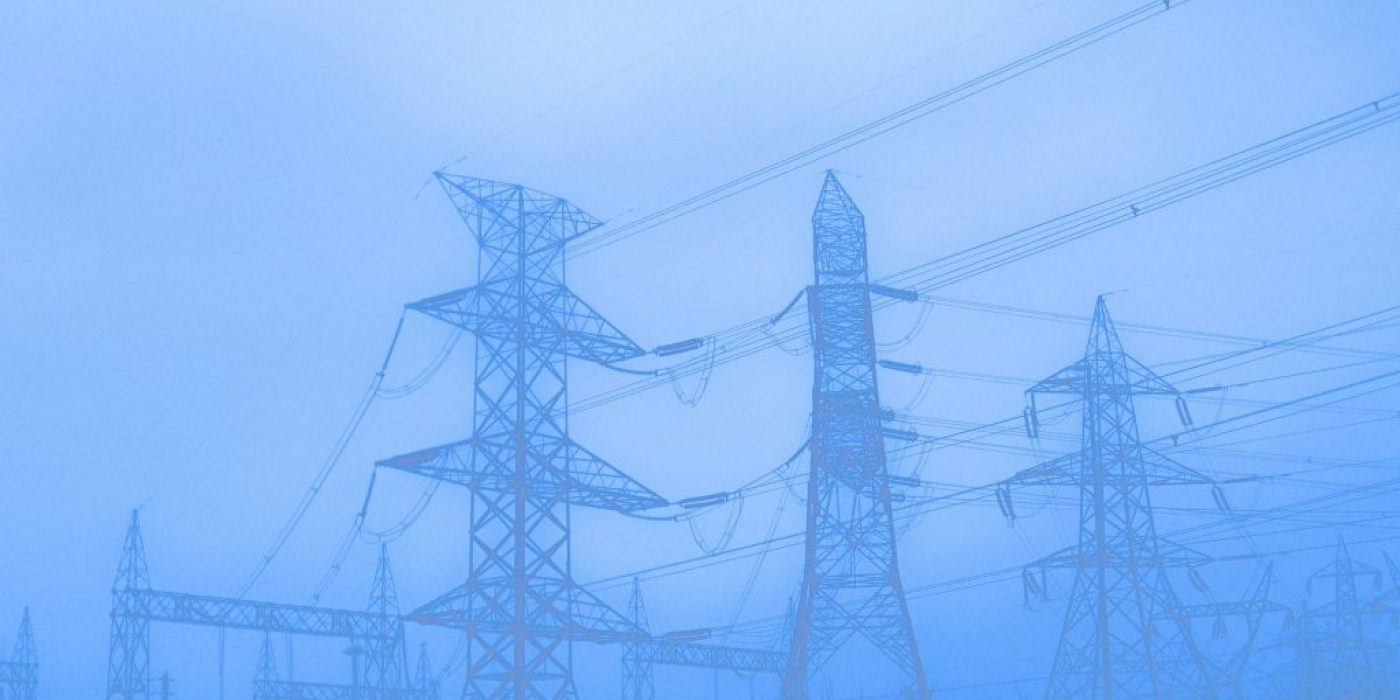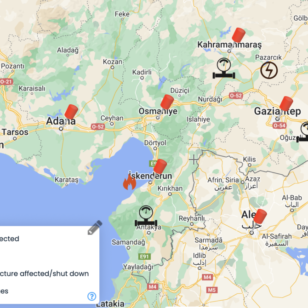At a meeting of the Transport, Telecommunications and Energy Council on December 5, ministers held a policy debate on the proposal for a regulation concerning measures to safeguard the security of gas supply.
Both EU Climate and Energy Commissioner Miguel Arias Cañete and European Commission Vice President for Energy Union Maros Šefčovič were present.
“Regarding SoS regulation (Regulation on Security of Gas Supply), we understand that the Council agreed on a text presented by the Slovak Presidency, particularly with regard to three issues: regional cooperation, solidarity and transparency of gas supply contracts,” a European Commission spokeswoman told New Europe on December 6. “This means that Council has a mandate now to begin trilogues with the European Parliament soon,” she added.
According to the European Council, the aim of the regulation is to create a cost-effective EU regional framework that would minimise the impact of a potential gas disruption and therefore increase the security of supply across the EU. Enhanced regional cooperation and coordination are important tools for creating greater solidarity and trust between member states and for strengthening the internal energy market, the Council said in a press release.
“A compromise was found on the main issues: regional cooperation, exchange of information on commercial gas contracts, and solidarity,” it said.
Regarding regional cooperation, it is based on groups of EU member states identified on the basis of the main risks for the EU’s gas supply.
The EU member states would exchange information. Long-term contracts, which provide 40% or more of annual gas consumption in the member state concerned, would be notified to the competent authority to be assessed with regard in particular to their impact on the security of gas supplies in the member state and the region.
Finally, solidarity, together with general principles on compensation, should be defined in the text of the regulation, whilst member states should be allowed to take into account their specific national situation and possible different approaches to calculating compensation, the Council said.
Slovakia’s Economy Minister Peter Žiga, who chairs the meetings of EU energy ministers, stressed that security of gas supply is a key issue where countries need to act on the basis of the recognition that we have a shared interest.
“Today’s debate was important in that it gave a very clear steer on the security of supply regulation in three main areas. I am pleased that a solution is emerging. We aim to transform this political guidance as soon as possible and receive a mandate which will then enable the Council to open negotiations with the Parliament,” Žiga said.
Slovakia, which holds the rotating EU Presidency, is among the Central and East European countries that have spearheaded the EU’s efforts to lessen it gas dependence on Russia. Disputes between Russia and Ukraine led to gas disruptions particularly in Eastern Europe, which relies on Russian gas monopoly Gazprom for around one third of its needs.
“This year will be very good from the level of supply to Europe, the number of supplies. That is why we can say the situation is more optimistic than it was three-four months ago,” Konstantin Simonov, the general director of the Russian National Energy Security Fund, told New Europe by phone on December 6.
Turning to the situation of Russian gas transit via Ukraine, he reminded that Šefčovič came to Moscow recently. “We see that Europeans are a little bit afraid of the situation with Ukraine. Europe will decide to give money to Ukraine and Ukraine is more and more pessimistic about the perspective of prolonging the transit contract with Gazprom,” Simonov said. “It’s a problem for Ukrainians or for Europeans because Ukraine decided to begin blackmailing Europe with the possibility of stopping the transit because of technical reasons,” he argued.
Moreover, the Council had a presentation by the Commission of its Clean Energy Package, in the framework of the implementation of the Energy Union Strategy. It includes legislation on energy efficiency, electricity market design, renewables and energy governance.



